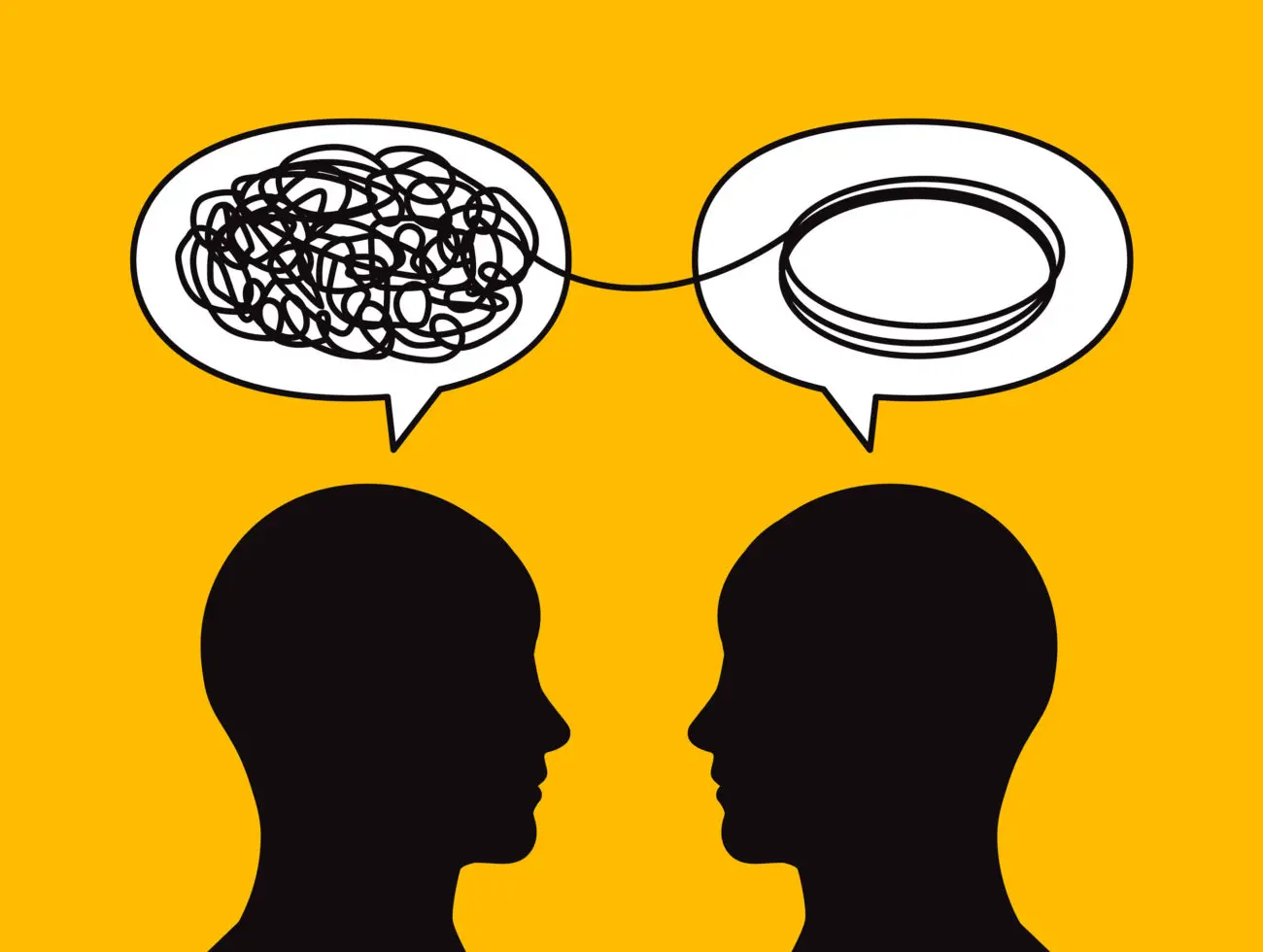Dementia can make it hard for people to communicate, and this can be frustrating for them and those around them. Below are some ways that you can support people with dementia to communicate in whatever way works best for them.
Before you Speak
- Make sure you’re in a quiet place with good lighting. Limit background noises by turning down electronics.
- Approach the person from the front and position yourself where they can see you clearly. Try to be on the same level as them rather than standing over them.
- Sit close to the person, but not too close as some people may prefer more personal space than others.
- Make sure your body language is open and relaxed. If you feel rushed, take time to calm down as people with dementia often find more meaning in your body language than your words.
How to Speak
- Keep your sentences short and simple.
- Don’t talk about the person as if they are not there or talk to them as you would a young child.
- Find moments of humor. Laugh together about misunderstandings and mistakes; laugh with them, not at them.
- Include the person with dementia in your conversations with others. This will help reduce their feelings of exclusion and isolation.
What to Say
- Stick to one idea at a time, avoiding too many questions at once. A person with dementia may become overwhelmed and withdraw.
- When you do ask questions, ask them in a way that allows for a yes or no answer.
- Giving choices is important. Giving two options to pick from is a great way to maintain independence.
- If the person does not understand what you’re saying, re-phrase rather than repeat. Include nonverbal communication to help.
- If the person says something you know is not true, try to steer conversation away from the subject and look for the meaning behind what they are saying..
Body Language and Physical Contact
- If you haven’t understood the person, re-phrase what you have understood and observe their reaction to see if you are correct.
- If the person is having a word finding problem, ask them to explain it in a different way. Listen for clues and pay attention to their facial expressions.
- Allow the person plenty of time to respond – don’t interrupt the person as it may break their pattern of communication.
- If a person is feeling sad or agitated, listen and show them that you are there for them.
Listening
- As dementia progresses, non-verbal communication will become the main way people communicate. Learn to read their body language to help them meet their needs.
- A person with dementia will be able to read your body language. Sudden movements or tense facial expressions may be upsetting.
- Match your body language and facial expressions with what you are saying.
- Use physical contact to communicate your interest and provide reassurance. Holding someone’s hand or gently rubbing their arm, if appropriate, communicates that you care.

